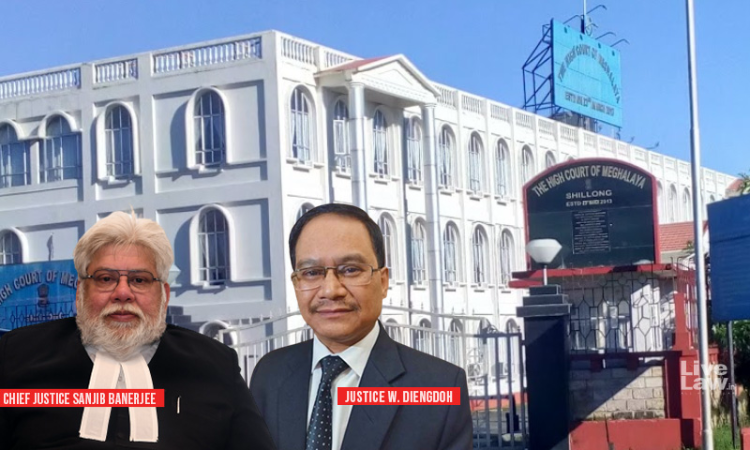The Meghalaya High Court has voiced its concern over 'favouritism' and 'nepotism' affecting government's recruitment drives. While referring to Articles 14, 15 and 16 of the Constitution that guarantee equality and non-discrimination, Chief Justice Sanjib Banerjee observed,"Just as religion, race, caste, sex, descent, place of birth, residence are to be kept out of the consideration,...

